Top Concern for CRE Execs: Interest Rates
Executives also worry that a recession may be on the way, according to Seyfarth Shaw’s fourth annual Real Estate Market Sentiment Survey.
Rising interest rates followed closely by the end of the current growth cycle and a potential recession top the concerns of commercial real estate executives for 2019, according to Seyfarth Shaw’s fourth annual Real Estate Market Sentiment Survey.
“The real estate industry is expecting the end of the growth cycle and even recession in the foreseeable future. With the adage that cycles do not die on their own, but result from some event or action, the industry is facing increased interest rates (taking into account 2018 too) as part of the Fed policy and political and stock market volatility, such that an ‘event or action’ appears more likely than not to occur,” Ron Gart, a partner with Seyfarth Shaw and chair of its Washington, D.C., real estate practice, told Commercial Property Executive.
The national law firm, with more than 850 attorneys in 15 offices, has helped clients close more than $50 billion in real estate transactions since 2017. The firm surveyed CRE executives in January, taking their temperature on investments in cannabis and coworking spaces, utilization of federal programs including opportunity zones, the impact of ride-sharing services, sources of equity and concerns over cyber attacks and partisan politics.
While only 6 percent of the respondents now expect three rate increases, down from 37 percent last year, 91 percent said they expect at least one rate hike. Only 9 percent said they don’t expect any interest rate increases. The survey was taken shortly after Federal Reserve Chairman Jerome Powell announced a rate hike in December.
Asked how much of an increase in interest rates can the CRE industry absorb before there is a material adverse impact, 44 percent said 51 to 100 basis points; followed by 27 percent picking 0 to 50 basis points and 19 percent responding 101 to 150 basis points.
The CRE executives surveyed signaled a potential slowdown in the market when asked to cite their greatest concerns for the year. After rising interest rates (744), end of current growth cycle (697) and a potential recession (663), the top five concerns were rounded out by rising cap rates (595) and CRE supply and demand issues (547). Lower on the list but still cited by a large number of executives were trade policy (437); political risk, increased investigations and possible impeachment (423); stock market volatility (420) and federal deficit concerns (379).
Investment plans
Nearly one-third (32 percent) of the respondents said they were interested in the opportunity zone structures and 19 percent still plan to use the 1031 exchange program. But nearly one-quarter (23 percent) said they did not plan to take advantage of any federal benefits this year. For those expressing interest in opportunity zones, 32 percent said the primary reason for using the program would be to capture a new source of investment capital. Another 25 percent plan to use opportunity zones as a way to defer current taxable gains.
There were some interesting responses when the survey asked about investment plans for the year, including coworking and the cannabis industry. Most do not plan on investing in the cannabis CRE industry this year—85 percent—despite expectations growth could reach $47 billion by 2027 in North America.
“We were not surprised, in large part, because our firm has developed a cannabis practice. Our experience is that there is indeed a robust interest in this industry, but the uncertainty created by the federal laws together with the limited availability of commercial financing (note that under certain federal laws real estate could be forfeited for violation of such laws) dampens the enthusiasm, even by entrepreneurs,” Gart said.
But Gart said the responses to the coworking question were a different matter. Even though coworking has had explosive growth in recent years, 70 percent of CRE executives interviewed reported no plans to increase investment in 2019.
“We were surprised with the lack in interest in coworking space in the upcoming year,” Gart said. “Coworking has been one of the top issues in office leasing with major real estate companies now creating national coworking platforms.”
One area of concern that is growing, according to the survey, is fear of cyber attacks. Asked whether they were worried about cyber attacks affecting their businesses, 69 percent said yes, up significantly from last year, when 46 percent responded yes.
Image courtesy of Seyfarth Shaw



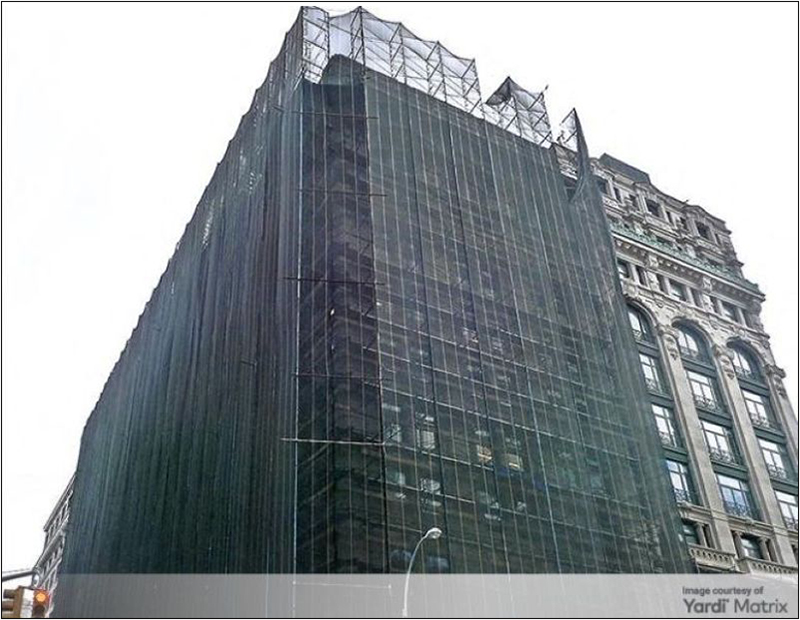
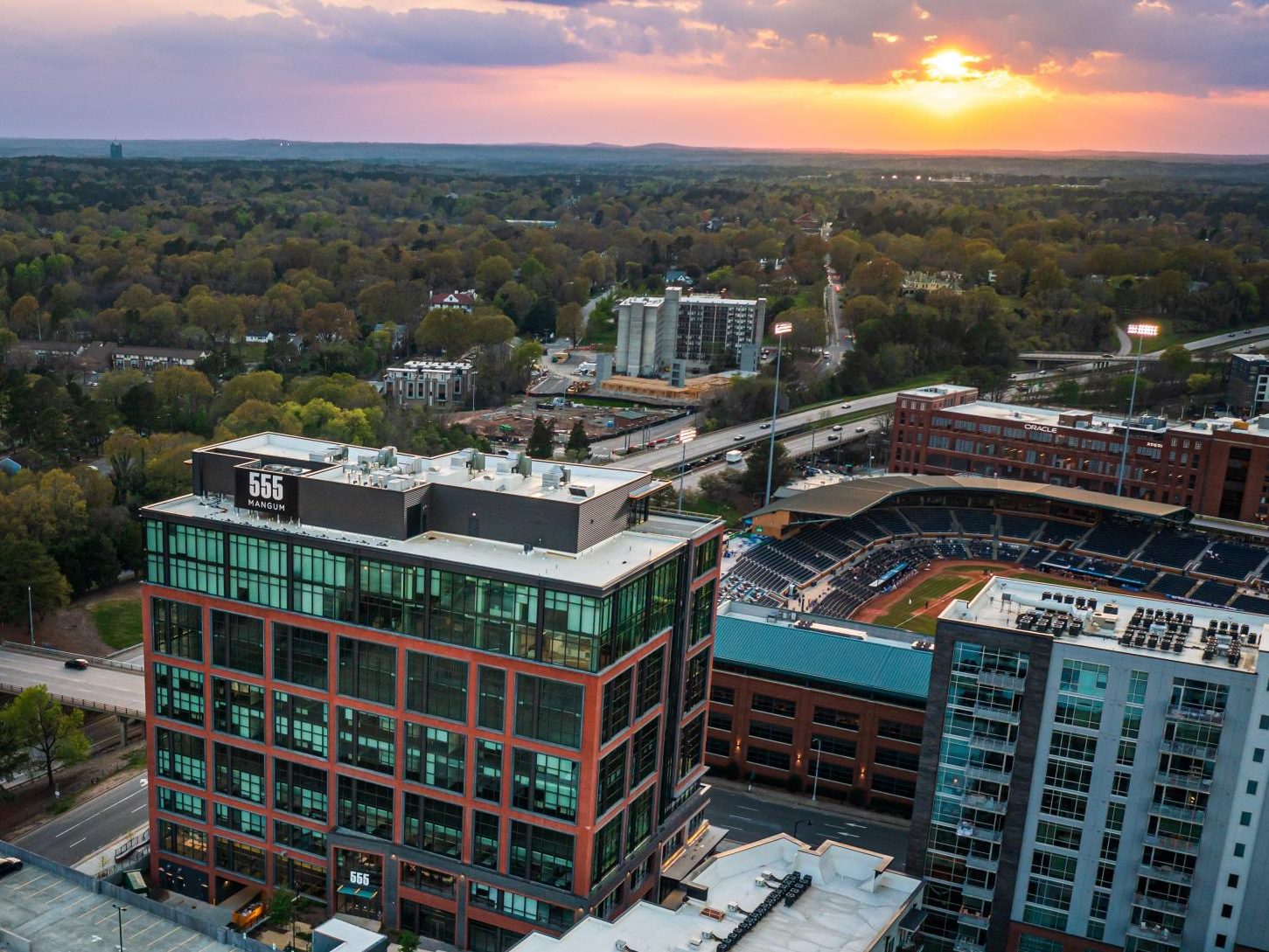
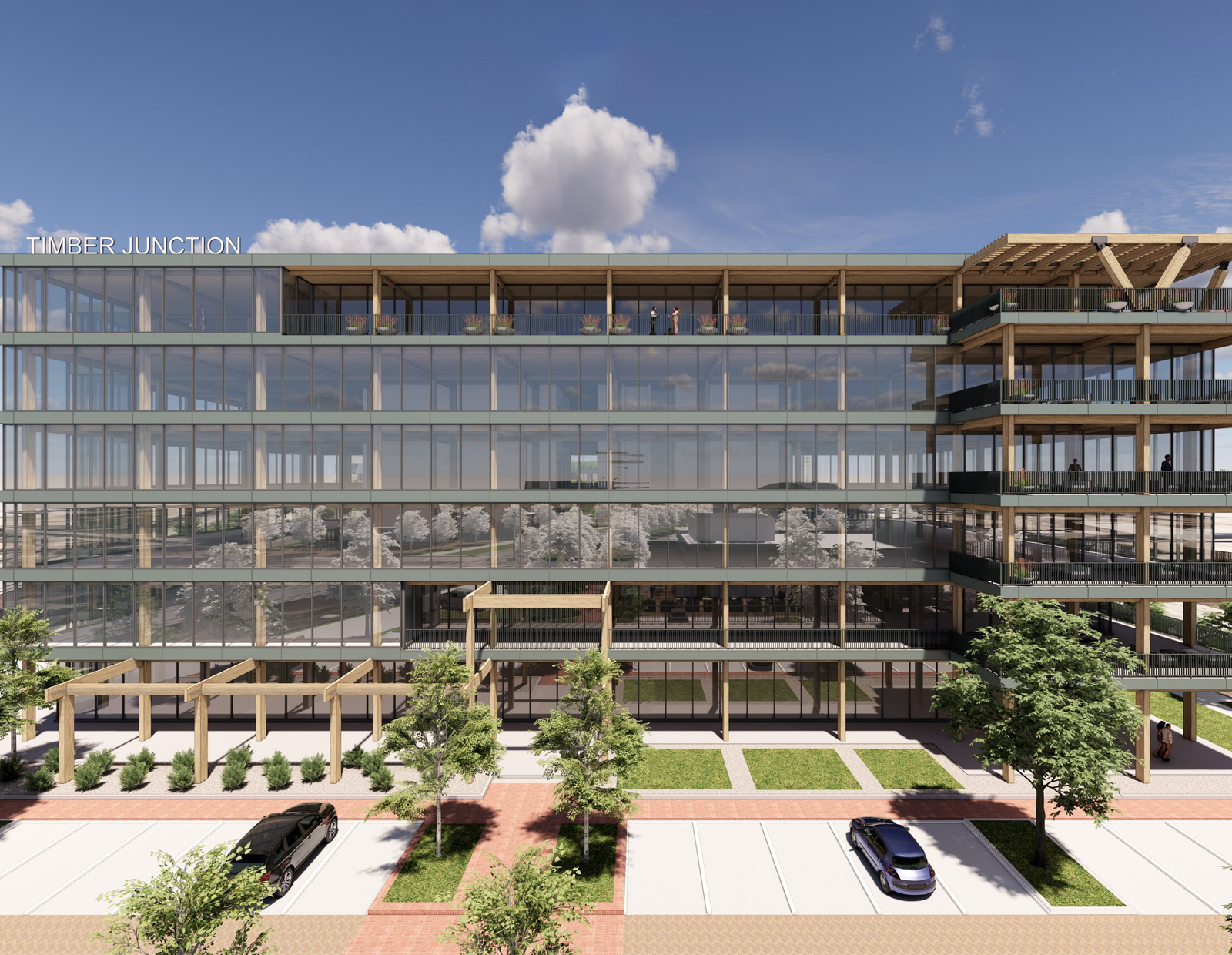
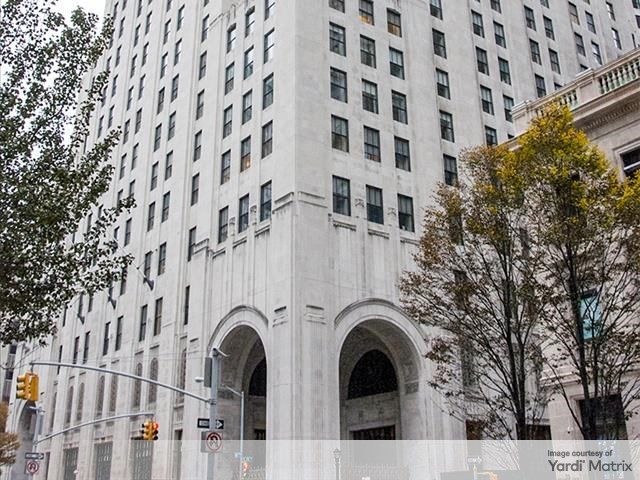
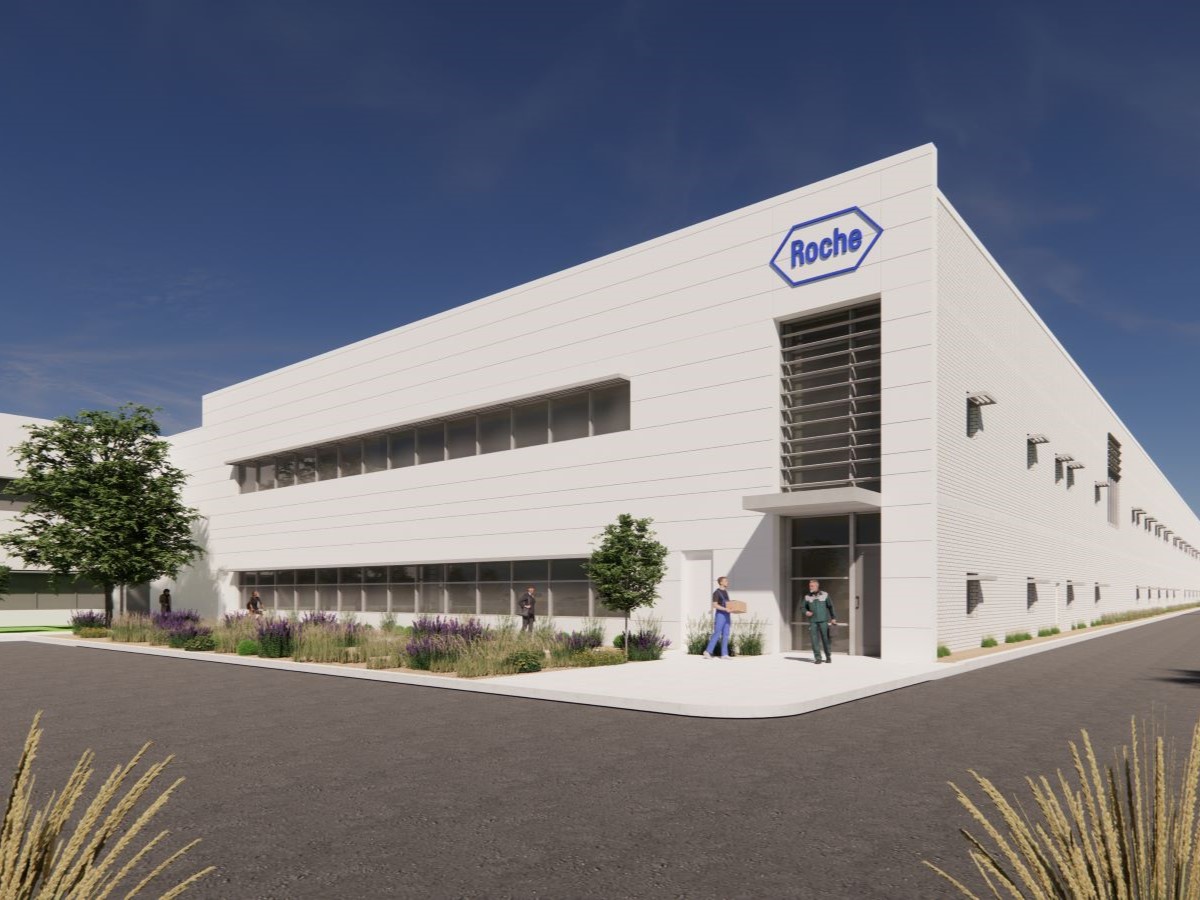
You must be logged in to post a comment.